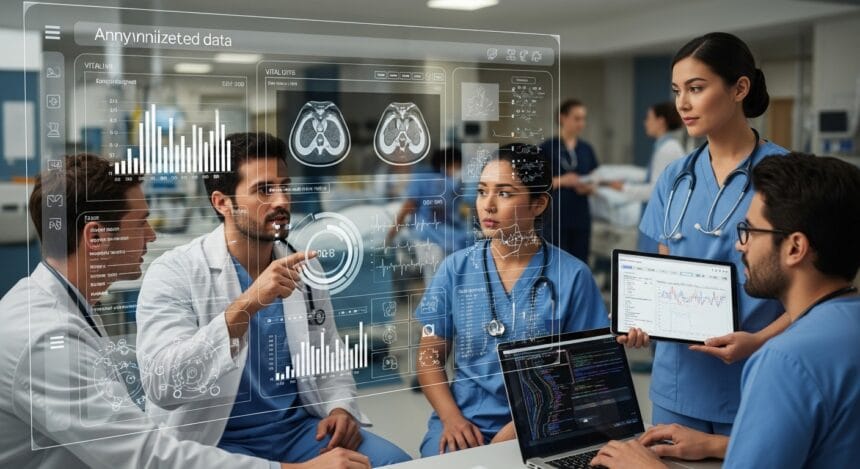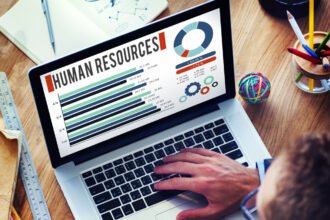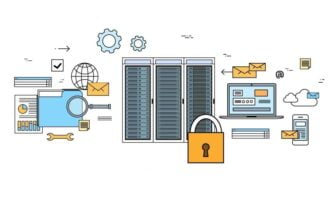The image of a healthcare professional has long been associated with stethoscopes, white coats, and the immediate, personal touch of patient interaction. While these core elements remain vital, a seismic shift is underway, driven by the exponential growth of data and its profound integration into every facet of healthcare. This fusion of data science and patient care is not just a technological trend, it’s a catalyst for an exciting expansion of career opportunities, demanding new skill sets and redefining existing roles.
The following are some ways in which data and patient care are positively affecting healthcare.
Data in Healthcare
Healthcare generates an unimaginable amount of data daily. From electronic health records (EHRs) and diagnostic imaging to genomic sequences, wearable device outputs, and clinical trial results, this information holds the key to unlocking unprecedented insights. Early on, this data was often siloed and underutilized, accessible only through manual analysis. However, advancements in computing power, artificial intelligence (AI), and machine learning (ML) have transformed this deluge into a rich resource, ripe for exploitation.
This data revolution is fundamentally altering how we understand, diagnose, treat, and prevent illness. Personalized medicine, fueled by genomic data, tailors treatments to an individual’s unique genetic makeup. And robust data analysis can optimize operational efficiency within hospitals, leading to better resource allocation and ultimately improved patient outcomes.
Emerging Roles
This data-centric transformation is creating a demand for entirely new professional categories and significantly evolving existing ones. Here are some key areas where careers are burgeoning:
- Health Informatics and Data Science Specialists: Health Informaticians bridge the gap between clinical practice and data management. They design, develop, and implement systems for collecting, storing, and analyzing health data. Data scientists, on the other hand, possess advanced statistical and computational skills to extract meaningful patterns and insights from complex datasets. They build predictive models, develop algorithms for diagnostic support, and contribute to research that drives evidence-based practice.
- Clinical Data Analysts: For anyone wondering what you can do with and MHA degree or other masters and doctorate level programs have to offer the healthcare industry, consider this: While data scientists might focus on broader, foundational models, clinical data analysts are more directly involved in interpreting data within specific patient care contexts. They translate raw data into actionable information for clinicians, administrators, and researchers, ensuring that data-driven decisions are informed and effective.
- AI/ Machine Learning Engineers in Healthcare: The application of AI and ML in healthcare is rapidly expanding, from drug discovery and development to personalized treatment recommendations and robotic surgery. AI/ML engineers are the minds behind these sophisticated systems. They develop, train, and deploy algorithms that can learn from data and perform tasks that traditionally required human intelligence.
- Bioinformatics and Genomics Professionals: The explosion of genomic data has opened up immense possibilities in understanding disease etiology and developing targeted therapies. Bioinformaticians and genomics specialists analyze DNA and RNA sequences, identifying genetic predispositions to diseases, understanding gene expression patterns, and contributing to the development of gene therapies and personalized treatments.
Embracing Data
It’s not just about creating new roles, existing healthcare professionals are also being empowered and challenged by this data revolution. Physicians, nurses, pharmacists or pharmacologists, and therapists are increasingly expected to be data-literate. They need to understand how to interpret data presented to them, leverage AI-powered decision support tools, and contribute to the ongoing collection and validation of clinical data.
Physicians are benefiting from AI-driven diagnostic aids, personalized treatment plans, and predictive analytics that flag high-risk patients. Nurses can utilize data dashboards to monitor patient vital signs remotely, anticipate potential complications, and optimize care delivery. Pharmacists are using data to personalize medication regimens and identify potential drug interactions.
The Future is Interconnected
The intersection of data and patient care is not a fleeting trend but the future of healthcare. As technology continues to advance, so too will the opportunities within this dynamic field. Professionals who can bridge the worlds of technology and medicine – those who can understand complex data, develop innovative solutions, and translate them into tangible improvements in patient well-being – will be at the forefront of shaping a healthier tomorrow. This convergence promises a healthcare landscape that is more precise, proactive, personalized, and ultimately, more effective than ever before.










